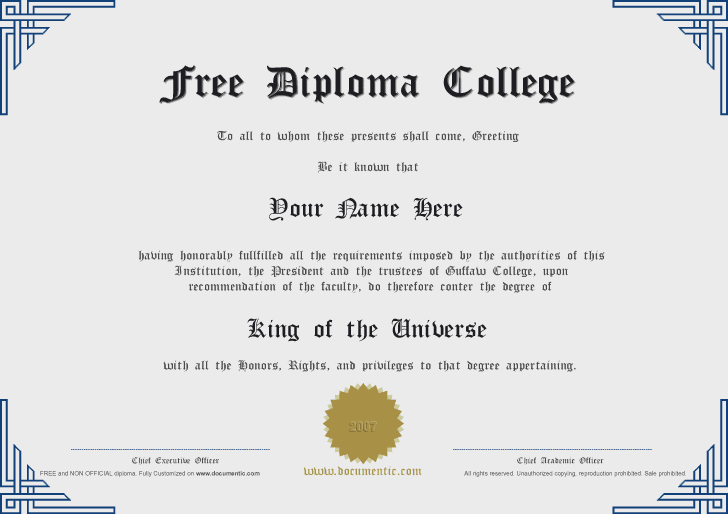If you’re thinking about postgraduate study, then you won’t be the only person having trouble distinguishing your MPhil from your DPhil, or a PGCE from a PGCert. Here are a few of the main postgraduate qualifications explained, as well as some tips for choosing which one is right for you.
Masters degrees
Master of Arts (MA), Master of Science (MSc), Master of Education (MEd), to name just a few!
Often referred to as a taught masters, these degrees usually take one year full-time (or two years part-time) after the completion of an undergraduate programme. You will attend lectures and seminars for about nine months, leaving another three to research and write up your thesis. You may need one in a specialist area to advance careers in sectors such an international development or in actuarial work, but many people also choose to complete one to enhance their knowledge of their undergraduate subject.
(Master of Research) MRes
If you are considering a career in research, either in industry or academia, then a research-led masters may be a more relevant route for you than a taught one. There is a greater emphasis on the thesis, which can be up to 40,000 words in length, compared to around 20,000 for a taught masters. An MRes can also be awarded to students who have worked towards a doctorate but have not achieved the required standard.
Master of Philosophy (MPhil)
This is a more advanced, research-based masters degree, and can sometimes be completed as preparation for a doctorate.
Doctorates
A doctorate demonstrates that you have made an original contribution to your academic discipline, engaging in three to four years of committed research and producing a thesis. The traditional model of a doctorate that people have in mind is usually that of the lone student working closely with their supervisor. However, there are now many different kinds of doctorates available and which are delivered in a variety of ways.
A Doctor of Philosophy (PhD) can still be undertaken alone but you could also be part of a research team and may be supervised by several academics or even industry professionals to address different aspects of your project. A DPhil is simply what Oxford University calls a PhD. A DEng is a doctorate in engineering, and this can involve considerable time spent in industry on placements, as is also now the case with some science doctorates.
Other options include practice-led doctorates, which require something like an exhibition alongside a thesis in art and design or performance-based areas, or a doctorates by publication, where publishing a certain number of articles or a book can be taken as evidence of your expertise. The latter is more common when you have already been working in an area for some years. This is also the case for professional doctorates, such as the Doctor of Education or EdD, where experienced practitioners will present a portfolio of evidence as well as a thesis to achieve this qualification.
Postgraduate Certificates & Diplomas
Postgraduate certificates and diplomas fall between undergraduate and masters degrees, offering training in both vocational and academic areas, with qualifications taking months rather than years to complete. For example, careers advisers can complete a postgraduate certificate in careers guidance (PGCert), followed by a postgraduate diploma (PGDip) and, if they are really keen, go on to an MA in Careers Guidance, where they would take on a research element in an area that interests them.
Entry into areas such as law and teaching also require study at this level, with aspiring solicitor and barristers completing the Graduate Diploma in Law (GDL), if they do not already have a law degree, and would-be teachers studying for the Postgraduate Certificate in Education (PGCE).
Key points to consider
If you are currently thinking about whether or not further study is right for you, and what kind of qualification to take, then do come in and talk to us at the Careers Service. Many students think about taking a masters degree because they can’t think of what else to do after graduation, and this could be a very expensive year out of the labour market without enhancing your prospects if you don’t choose wisely.
We always recommend speaking to potential employers or contacts in the areas of work that interest you to find out if you need to take a postgraduate qualification and, if you do, which ones would be most relevant. Our web site contains more information about postgraduate study, as well as information about how to fund it.
Finally, watch out for workshops at the Careers Service this autumn on choosing postgraduate study as well as on specific options such as the Graduate Diploma in Law (GDL) and teacher training via the PGCE.
Dr Tracy Johnson, Careers Adviser
(Image: http://ipdraughts.wordpress.com/2011/08/20/postgraduate-diploma-in-ip-transactions-an-update/)

